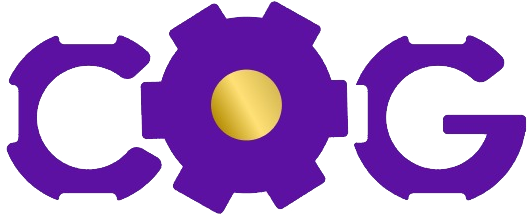Welcome to our blog post on mastering the employee lifecycle! In today’s fast-paced and competitive business world, effective employee lifecycle management is essential for organizational success. From attracting top talent to nurturing and developing employees, and from retaining key performers to planning for succession, every stage of the employee lifecycle plays a crucial role in building a strong and thriving workforce.
In this article, we will delve into the strategies and best practices that can help you navigate each stage of the employee lifecycle with confidence and finesse. Whether you are a manager seeking to enhance your leadership skills or an HR professional looking to optimize your organization’s talent management processes, this post will provide valuable insights and actionable tips to drive employee engagement, productivity, and long-term success.
So, get ready to gain a deeper understanding of the employee lifecycle, learn effective strategies for attracting and hiring top talent, discover the importance of onboarding and orientation, explore best practices for nurturing and developing your workforce, and uncover strategies for long-term retention and succession planning. Let’s dive in and master the employee lifecycle together!
Understanding the Employee Lifecycle: A Foundation for Effective Management
Employee Lifecycle Management Strategies are essential for creating an effective management system within any organization. Understanding the employee lifecycle is the foundation upon which successful management practices are built. By comprehending the various stages an employee goes through, from recruitment to retirement, managers can develop strategies that support and engage employees at every step.
The employee lifecycle can be divided into several stages: recruitment, onboarding, development, retention, and separation. Each stage presents unique challenges and opportunities for managers to implement effective strategies that foster employee growth, satisfaction, and productivity.
Recruitment is the first stage of the employee lifecycle, where managers seek out and attract potential candidates for open positions. To effectively manage this stage, strategies such as creating compelling job descriptions, utilizing various recruitment channels, and implementing a comprehensive selection process can help ensure the right candidates are selected for the job.
Once employees are hired, the onboarding stage becomes crucial. Effective onboarding strategies can help new employees feel welcomed, supported, and prepared to contribute to the organization. This includes providing thorough orientation, assigning mentors, and facilitating introductions to key team members. By focusing on a well-structured onboarding process, managers can set the stage for long-term employee success.
Development is another critical stage in the employee lifecycle. Managers must provide opportunities for employees to grow, learn, and enhance their skills. Implementing strategies such as creating individual development plans, offering training programs, and providing regular feedback and coaching can contribute to employee engagement and retention.
Retention is a stage where managers aim to keep employees motivated, satisfied, and committed to the organization. Strategies such as recognizing and rewarding outstanding performance, promoting work-life balance, fostering a positive work environment, and offering career advancement opportunities can help retain valuable talent.
Lastly, separation is an inevitable stage in the employee lifecycle. Managers should strive to ensure that separations, whether voluntary or involuntary, are handled with professionalism, empathy, and fairness. Conducting exit interviews, providing necessary support during the transition, and maintaining good relationships with departing employees can help preserve the organization’s reputation and maintain a positive employer brand.
Understanding the employee lifecycle is crucial for effective management. By implementing appropriate strategies at each stage, managers can create an environment that supports employee growth, engagement, and satisfaction. Mastering the employee lifecycle not only contributes to individual employee success but also leads to overall organizational success.
Talk to Core OpsGenie today about setting the paddles in motion on making your employees happier by keeping them at your organization.






